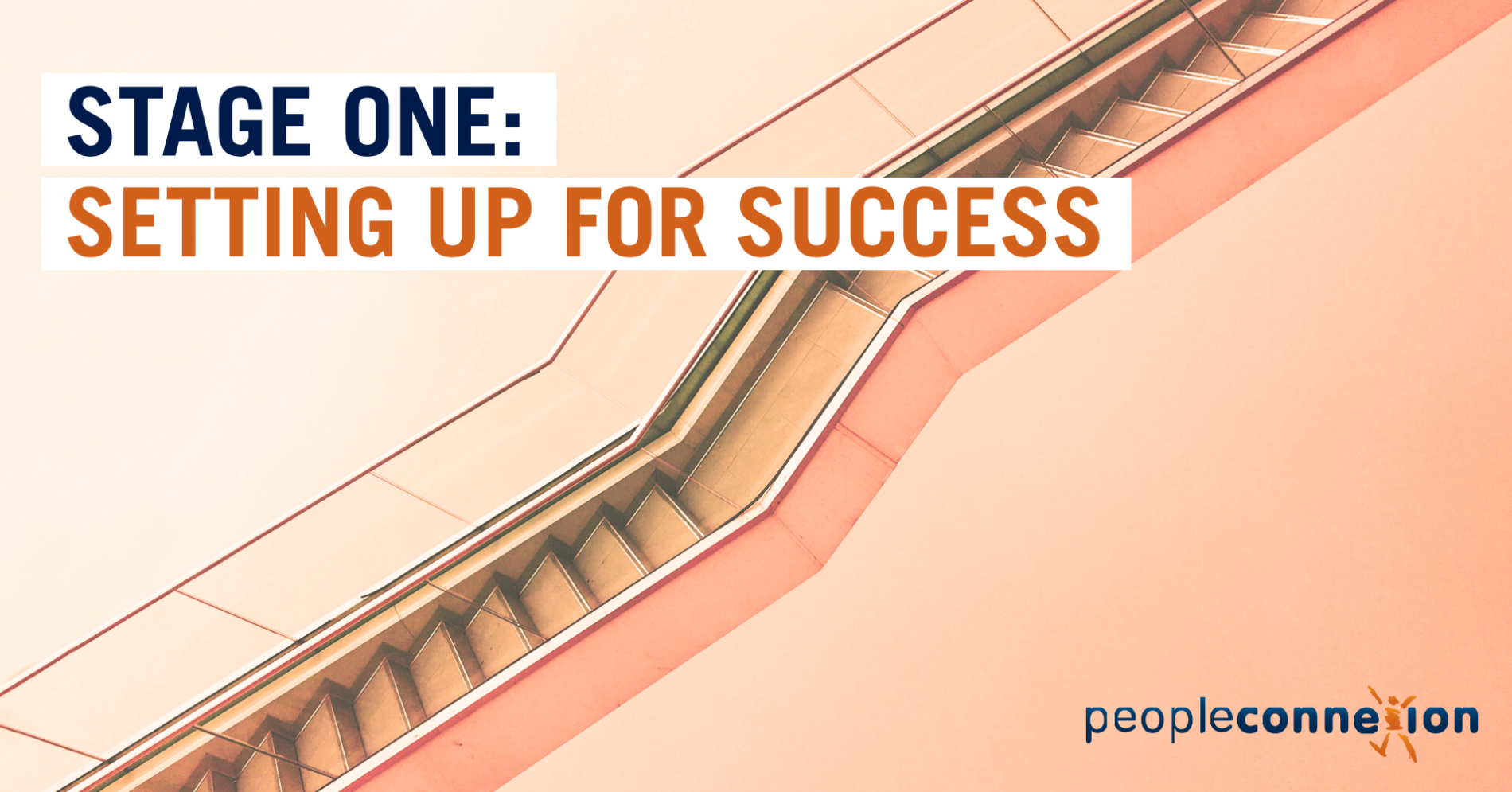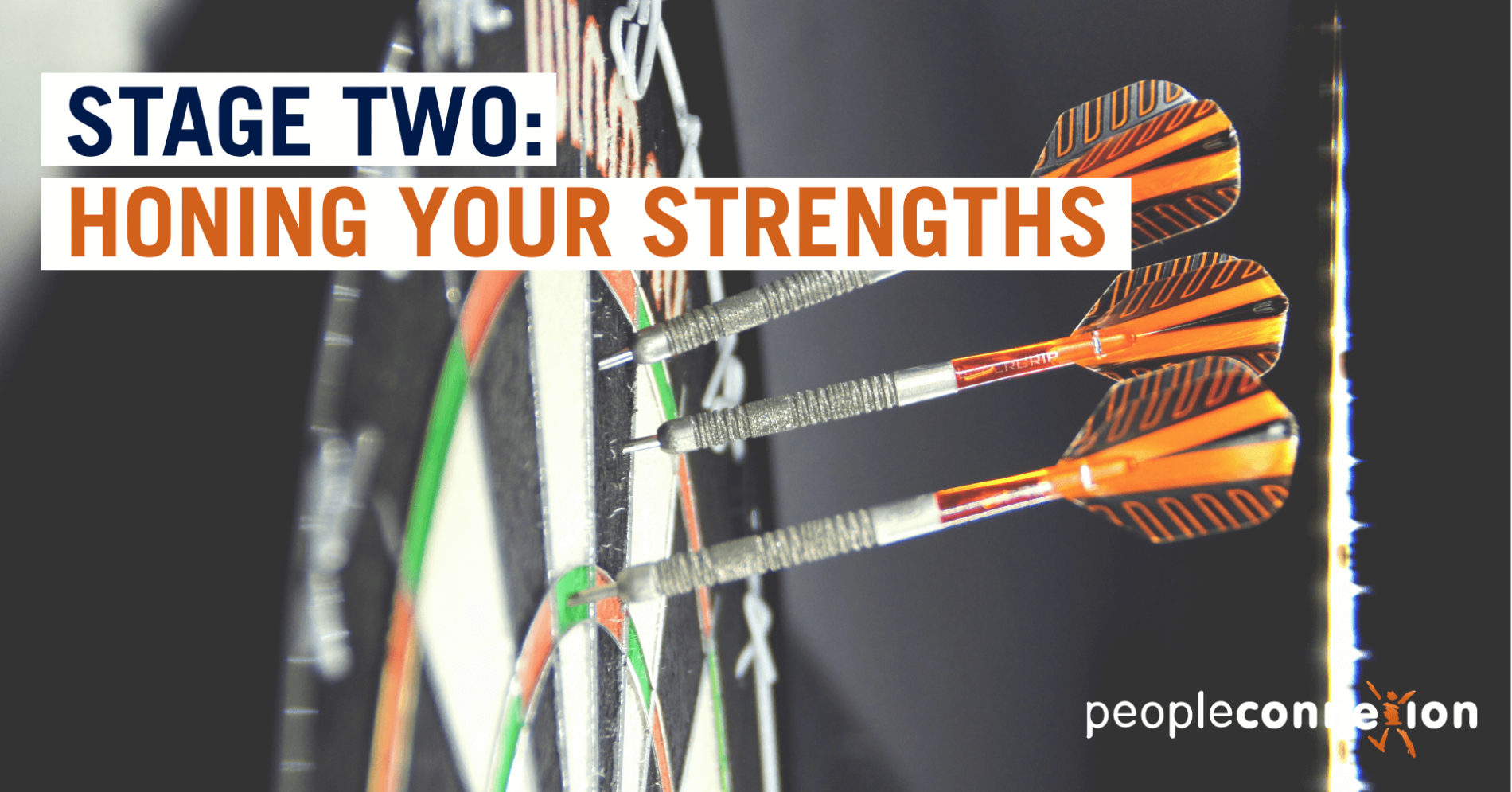There Are 3 Critical Career Stages For Success: Which One Are You In?
According to Brian Fetherstonhaugh, career coach, author and Worldwide Chief Talent Officer of the world’s largest advertising agency, careers can be broken down into three distinct stages each lasting around 15 years or so.
Each stage creates opportunities (and consequences) for the next, which is why it is so important to view your career as an interconnected path, not just a series of steps. He calls this style of thinking ?The Long View?.
And he’s right! Your career is long, so why shouldn’t you view it that way?
Believe it or not, for most people, their work life isn’t ?just a job?. And why should it be?
Your career is a multi-decade pursuit of experiences, skills and relationships that are unique to you. The moment we accept that and begin to shift our perspective, we can begin to say:
?Right! What time have I got left in my career and how will I use it? ?What can I do today to be in a better position than I was yesterday??
Let’s run over the three main stages of a career to get you started on your career plan:
Stage One: Setting Up For Success
The first stage happens when your career is in its infancy and you make those first leaps over the chasm from school to work. When many people talk about their careers, they discount this first section and the weight it really holds.
They treat it like a footnote.
In reality it’s part of the backstory; the rich tapestry that is your career.
If you’re in this stage, you?ll be focused on discovering what you’re good at, what you love, what makes you tick (and most importantly), what you can see yourself doing for 1,800+ waking hours every single year. This stage really is about equipping and learning for the journey ahead. The learning curve is more important than the title.
Learn how the game works and how you can establish yourself as a star player while everyone else is sitting on the sidelines.
Learn how to fail. Then learn how to pick yourself back up, learn from your mistakes and use that knowledge to succeed.
Learn how to become the ?go-to? for the people around you. Read up on your company’s annual reports ? where are they going and how can you make sure they?ll take you with them? Step back and take notice of a gap in your market ? what are the most in-demand skills? Who has them? How can you learn from them? How can you advertise and act in a way that sets you up to become that ?go-to? person?
And finally, learn what you’re worth and how to be rewarded fairly for what you do. Even if you’re in the stage of your career where you’re still ?hustling?, you still need to feel like you’re being valued and treated well.
Stage Two: Honing Your Strengths
Once you finally feel like you’ve really found your feet (this happens about 15 years into your journey), it’s time to hone your strengths and differentiate. This is the time when you ask yourself:
- From what I’ve learned about the world, the industry and myself ? what am I really good at?
- From the relationships I’ve built and the experiences I’ve had ? what do I really enjoy?
- When I sit back and look at it objectively ? what does the world really need?
- How can I find a way to use my time and position myself at the intersection of what I do well, what I love and what there is a real need for?
- Who can I surround myself with to encourage my strengths and complement the areas I am not so good at?
Answering these questions isn’t easy ? but that’s what stage two is all about.
We?ll be blunt. It is easy to become ‘stale? in this stage of your career. It’s much more convenient to say ?well, I’ve only got X years until retirement, I could just cruise at this career altitude and see where it goes?. Today’s world of work is too competitive for anyone to adopt this mindset. It’s not enough to just be competent.
You have to become a master? they say it takes 10,000 hours of practice to master a skill. What’s important to note is that this does not mean you need to continually burn the midnight oil and work your fingers to the bone to be ‘successful?.
This is the stage where you need to truly differentiate yourself and stand out ? find ways to become the best version of yourself.
Stage Three: Hitting the Sweet Spot & Passing the Baton
In the last stage of your career, the chances are that you’ve learned more than you can ever write down, built a solid network of people around you, and finally understand what you do well.
You?re in the ‘sweet spot?.
After years of building your career capital and elevating to a new level of seniority or expertise, you have the opportunity to make a lasting impact. Whether you position yourself as a mentor, advisor, entrepreneur or contributor to your community ? there are endless ways you can pay it forward to the next generation and pursue projects you find deeply rewarding.
The next couple of decades will be an era of unchartered territory for professionals in this stage of their careers. According to the ABS, 17% of Australia’s population now sitting between the ages of 50 and 65. As people live longer, you now need to plan for an entirely new era of life (and even of your career) that your great-grandparents never had to consider in the past, and find ways to pass on knowledge and expertise onto a young generation rising through the ranks.
This is the time when you need to ask yourself ?how can I keep my skills current, reconnect with others and experiment??
Putting it all together:
So ? which stage of your career do you think you’re in?
Once you think you know which stage you fall into, ask yourself these questions:
- How can I set up for the next stage?
- Do I have the support I need?
- What steps can I take this year to be closer to where I want to be?
If you’re looking to establish your career plan, please contact the Peopleconnexion team for confidential advice on how you can shift towards ?long view? style thinking and set yourself up for success.
+61 7 3333 15111
www.peopleconnexion.com/contact-us
Click here to download the Peopleconnexion Career Planning Guide



